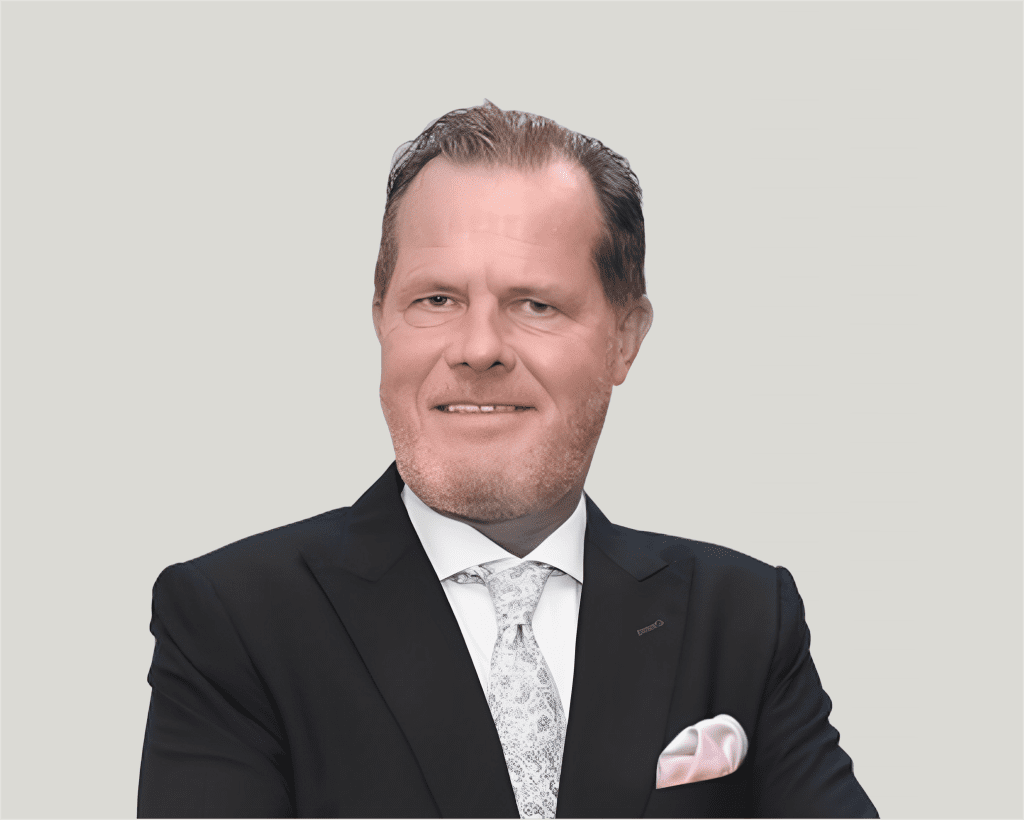Is the UAE having a Geopolitical Golden Goose Moment?
February 26, 2024
The UAE is booming at a time when many developed economies are having a very troubled patch. Residential property sales saw a 29% sales increase in ’23 with prices on average up 20%. Office demand exceeds supply – and the Dubai International Financial Centre saw a year-on-year rental rate increase of 22% last year – at a time when WeWork has gone bankrupt. In February ’24 UAE non-oil trade hit an all time high of $952 billion, with non-oil GDP growth of 7.7% in Q3 2023 alone. The non-oil sector now represents over 70% of GDP where in 2009 oil represented 77% of the UAE state budget.
In conflictual times, the UAE has largely succeeded in being Geopolitically agnostic and remained the (golden) melting pot for all Nationalities and Religions, a principle it has always maintained, and which seems to be really “coming good” for it. There are now over 50 free zones offering tax breaks and a wide range of low-cost company and visa solutions. An overall corporation (but not personal) tax rate of 9% (with zero generous banding) with a VAT rate of 5% seems to be settling in smoothly, whilst at the same time hopefully satisfying the OECD that the UAE is not an “offshore jurisdiction”. The DIFC offers a largely English Law jurisdiction for businesses, and the newer Abu Dhabi Global Market has a direct English Law regime, following ongoing English precedent and offering English Judges, Barristers and Solicitors.
So how does the UAE’s recent joining of the BRICS grouping stand in the Geopolitical mix? Despite the de-dollarization “threat”, US exports to the UAE reached $24.8 billion in ’23, a 19% increase from ’22, and making the UAE the US’ 4th largest trade surplus globally. The trade is mainly transport & logistics, computers & electronics. and manufacturing – supporting 145,000 US jobs. The ’22 UAE direct investment into the US stood at $ 38.1 billion. Increasingly the leading operators in US fintech, crypto, embedded finance, blockchain and AI are relocating to greater regulatory transparency in the UAE. Perhaps the financial relationship has become too important for 2 pragmatic trading Nations to easily throw to the wind.
But de-dollarization, one of the US’s greatest fears, is moving forwards. Since the start of ’22 there has been an increased trade in Chinese Yuan and Indian Rupees by BRICS Nations. In March ’23 the China National Offshore Oil Corporation & Total Energies purchased 65,000 tonnes of UAE LNG in Yuan on the Shanghai Exchange. In August ’23 Indian Oil Corporation purchased 1m barrels of oil from Abu Dhabi National Oil Corporation using Rupees and last year the UAE sold 25 kg of gold to India in Rupees. The transactions to date have largely been test transactions, but the direction of travel seems to be inevitable.
Whilst relations with the US are good, the UAE seems to stay firmly in the Geopolitical middle ground, preferring to remain a friend and business partner to all. Between 100,000 to 500,000 (statistics are quite oblique) Russians have moved to the UAE since the war, and many Ukrainians too. JP Morgan and Bank of America, along with many other financial and professional services firms, moved their Moscow staff to Dubai. At least 3,000 “Emirati’ companies are owned by Russians. The Palm and Marina have very substantial Russian presences. There is substantial Russia – Iran -UAE trade in gold and oil, including re-export to Asia, Africa and Latin America. In 2000 zero Russian oil was imported into Fujairah but by 2022 140, 000 barrels a day were imported, making 40% of all fuel being imported into Fujairah. From 1.3 million tonnes of gold arriving in the UAE from Russia in 2021 the figures rose to 96.4 tonnes in ’22.
There are 600,000 Iranians in the UAE. The influx of Chinese is now very marked. Aside from the longstanding expat populations from the UK, France, South Africa etc. The UAE has built its business foundations on immigration and technology transfer before the expression came into popular usage. For this reason I think we will continue to see careful diplomacy to keep it as the melting pot that it is.

